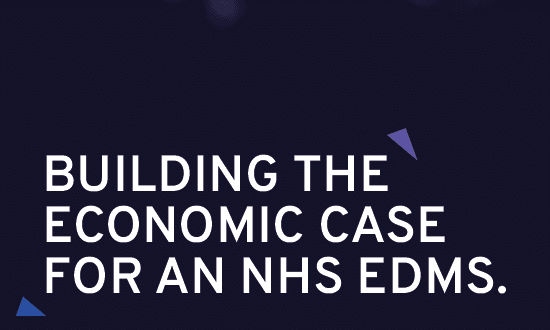Unison takes white paper to High Court
- 24 August 2010
The UK’s largest public service union has started legal action against health secretary Andrew Lansley, claiming that he has refused to properly consult the public on the white paper ‘Equity and excellence: Liberating the NHS.’
Unison has made a judicial review application to the High Court, on the grounds that the day after the white paper was published NHS chief executive Sir David Nicholson wrote to NHS chief executives instructing them to start implementing its proposals immediately.
The union wrote to Sir David arguing that his action was unlawful because it went against a number of legal commitments to consultation.
Sir David responded that he would write to chief executives reminding them not to implement the white paper proposals until its consultation period ended.
However, he stressed that the consultation was limited to how – rather than whether – the proposals should be implemented. Unison argues this means the public’s views on the proposals themselves will not be considered.
Head of health Karen Jennings said in a statement about today’s application: “I find it incredible that the NHS chief executive would say he believes there is no legal duty on the Secretary of State to consult on the merits of the proposals in the white paper, [which] contains sweeping changes to the NHS and how it should be run.
“The NHS Constitution enshrines the principle that the public, staff and unions have an absolute right to be consulted. And that means not only on how the proposals are to be implemented, but also whether they should go ahead in the first place.
“The DH’s refusal to recognise this clear and important legal duty leaves us no option but to issue legal proceedings as a matter of urgency."
The union’s application to the High Court argue that the DH’s actions have been unlawful because sections of the white paper ‘give rise to a legitimate expectation that the proposals would be subject to public consultation.’
It further says that a partnership agreement between the DH, NHS Employers and trade unions commits all sides to ‘early discussion and dialog’ on NHS priorities and policies, and that section 242 of the NHS Act places a legal duty on NHS bodies on consult on proposed changes to services.




